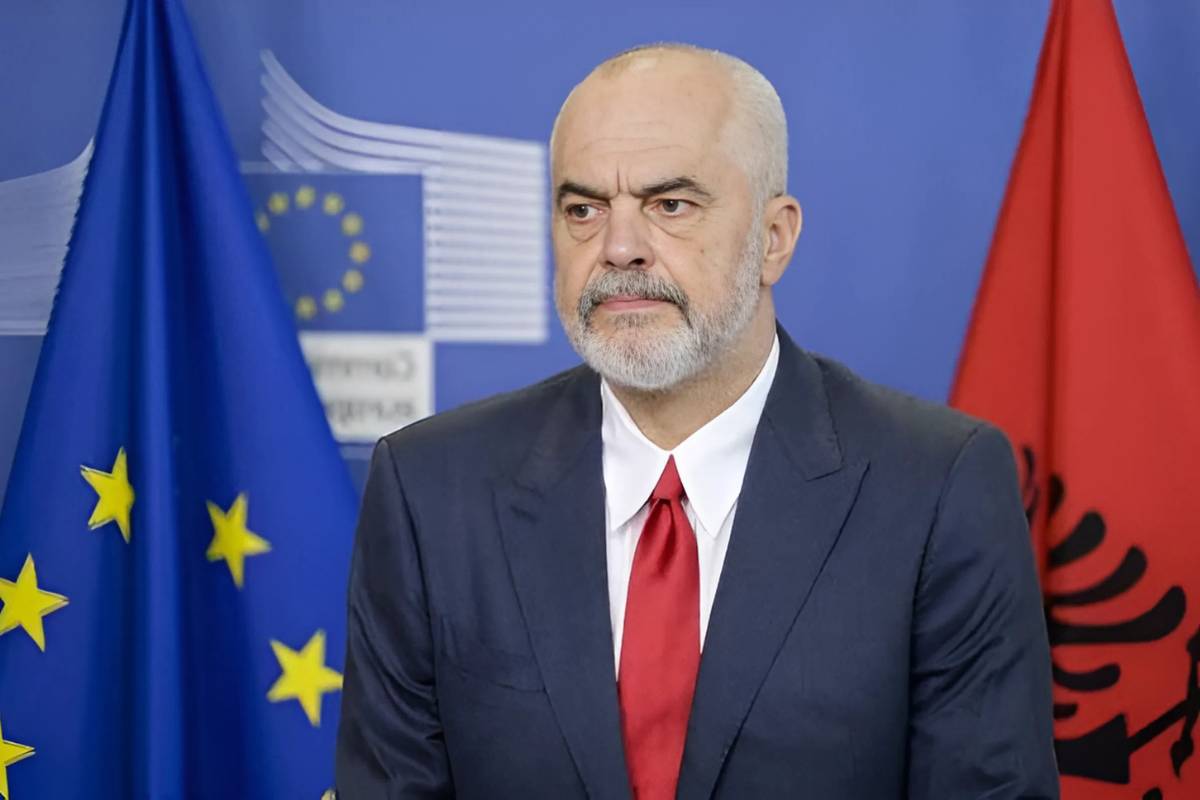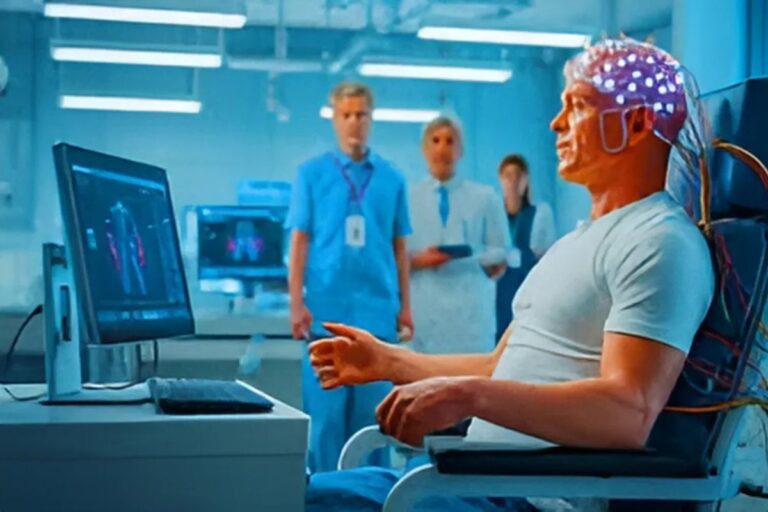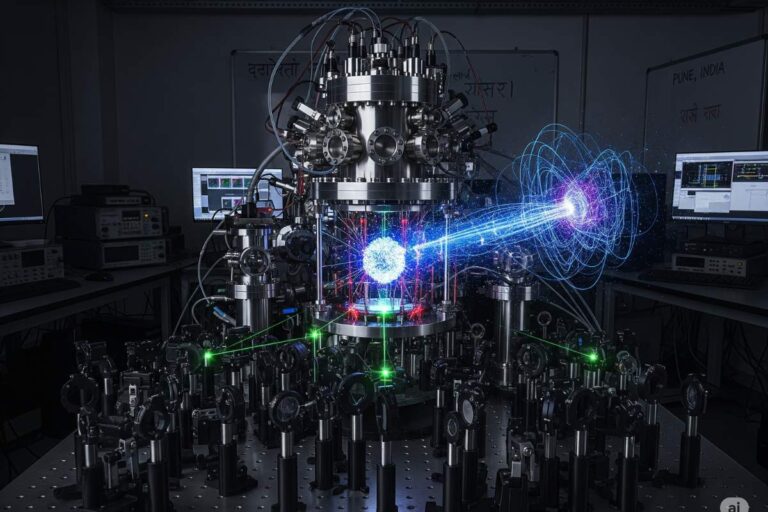ALBANIA, TIRANA In a move straight out of a science fiction book, Albania has added a new member to its cabinet. This minister will not be making stump speeches, attending state dinners, or shaking hands. This minister is actually completely bodyless.
She is an artificial intelligence named Diella.
The AI organization was chosen by Albanian Prime Minister Edi Rama to supervise public procurement, one of the most infamously corrupt industries in the nation, in a move that is unprecedented on the international scene. Following Rama’s fourth consecutive election victory in May, the announcement represents a radical experiment in governance that seeks to replace algorithmic impartiality with human fallibility.
During the unveiling of his new cabinet, Prime Minister Rama declared, “Diella is the first member of the cabinet who does not physically exist but is created virtually through artificial intelligence.” He said her goal is to make Albania “a nation where public contracts are entirely devoid of corruption.”
A Courageous Solution to an Age-Old Issue
The name “Diella” has a lot of symbolic meaning because it means “sun” in Albanian. In order to ensure that decisions are made with complete transparency, the government hopes that this AI will illuminate the most obscure areas of public spending.
In Albania, the practice of giving government contracts to private companies has been a source of scandal for many years. According to analysts, the Balkan country is a haven for criminal groups looking to launder proceeds from international drug and weapons trafficking, and corruption is permeating even the highest levels of government.
One of the country’s most prized ambitions, joining the European Union, has been severely hampered by this systemic corruption. Rama has set the lofty goal of joining the bloc by 2030, but many believe this is unlikely without significant reforms. The fight against corruption is a crucial requirement for accession. The fact that Albania placed 80th out of 180 nations on Transparency International’s corruption index last year serves as a sobering reminder of the difficulties that lie ahead.
For years, the issue has baffled reformers and irritated citizens. How can such deeply ingrained corruption be eradicated?
Removing the human element from the equation appears to be the government’s solution.
From Government Minister to Digital Assistant
Diella has experience in public service. She was first introduced in January as an AI-powered helper on the government portal known as “e-Albania,” which aims to reduce red tape. Using straightforward voice commands, she assisted citizens in navigating the difficulties of obtaining state documents and services. She was visually represented as a woman dressed in traditional Albanian clothing.
She has also been quite busy. Diella has already reduced paperwork and delays by helping to issue more than 36,600 digital documents and supporting almost 1,000 online services, according to official statistics.
However, her new position entails a significant increase in responsibility. All public tender decisions will eventually be transferred from government ministries to Diella. Without the need for human intervention, she will be tasked with evaluating each bid from private businesses, comparing them to impartial standards, and awarding contracts. The process is “100-percent corruption-free,” meaning it is not susceptible to threats, bribery, or backroom transactions.
Doubt on the Streets
Some local media have praised the move as a “major transformation,” but not everyone agrees. A healthy dose of public skepticism has greeted the announcement, indicating a long-standing mistrust of government assurances.
In online forums, the cynicism is evident. Shortly after the announcement, a Facebook user wrote, “Diella will take the blame, and the stealing will persist.” “Even Diella will be in Albania,” said another wryly, implying that even an artificial intelligence system cannot evade the nation’s ingrained corruption.
These worries are not mere idle chitchat. The government has not yet released important information regarding the system’s protection. Diella’s decision-making algorithms will be programmed by whom? What safeguards are in place against hacking or manipulation of the AI? What degree of human oversight will be in place to examine or challenge her decisions, above all else?
In the absence of definitive responses, detractors fear that the AI may merely develop into a new, more advanced instrument for hiding unethical behavior, giving decisions that are anything but objective a façade of objectivity.
An International Standard
Whatever the result, Albania has established an intriguing precedent. Although AI is used by many governments to provide services to their citizens, none have gone so far as to designate one as a virtual minister with executive authority.
It is obvious that Prime Minister Rama, who has previously speculated on the prospect of an AI prime minister, views this as a new kind of government rather than merely a tool. The entire world will be watching. If Diella can actually reduce corruption, it may encourage other countries to investigate comparable technological fixes for long-standing human issues.
However, it will serve as a sobering reminder that not all problems can be resolved by code alone; if it fails, it may even turn into a warning against over-reliance on technology without addressing underlying systemic issues. The future of public spending in Albania is currently in the “hands” of its recently appointed virtual minister.






















